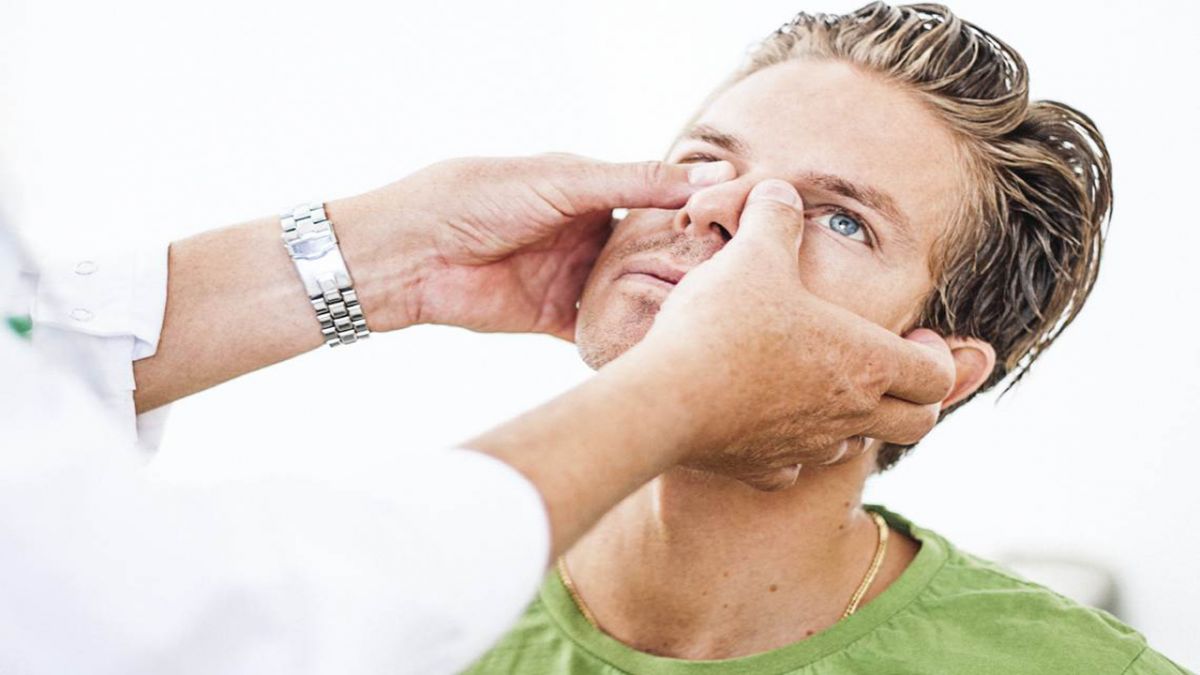Advertisement
In daily life, our sense of smell is a crucial way of experiencing the world. However, when problems with olfaction arise, many people might overlook the underlying causes and potential risks. A well-known medical professor, in a recent interview, emphasized the importance of taking olfactory dysfunction seriously. If not addressed promptly, one might miss the optimal treatment window, leading to irreversible olfactory loss.

Common Causes of Olfactory Dysfunction
One of the most common causes of olfactory dysfunction is the common cold. During a cold, many people experience loss of smell due to nasal congestion. This is primarily because odor molecules cannot reach the olfactory region, located between the middle nasal concha and the nasal septum. Once nasal congestion clears, odor molecules can reach the olfactory region, and the sense of smell typically returns.
However, olfactory dysfunction is not limited to nasal congestion. Viral infections are also significant contributors. Acute influenza viruses can affect the olfactory nerve endings, but because these infections are self-limiting, symptoms usually resolve within a few days, and olfaction generally recovers. However, some viruses, such as herpes simplex virus, can cause severe damage to the olfactory nerve endings and even invade the olfactory bulb, leading to viral olfactory neuropathy. This type of olfactory damage can take a long time to recover, or may not recover at all.
Particularly, since the outbreak of COVID-19, many patients have reported loss of smell as a symptom. The coronavirus can invade the olfactory nerves, causing olfactory loss that often recovers slowly and sometimes may not recover at all. Although research on COVID-19-related olfactory dysfunction is ongoing, it is clear that the virus does impact the sense of smell.

Other Potential Causes
In addition to viral infections, olfactory dysfunction may be related to damage to the olfactory center. If a patient exhibits hypersensitivity to certain odors or if olfactory dysfunction worsens persistently, it is essential to seek medical attention and undergo magnetic resonance imaging (MRI) to rule out tumors or other space-occupying lesions affecting the olfactory center.
Moreover, certain occupations require special attention to olfactory health. For example, workers in the chemical industry or those exposed to substandard renovation environments may experience olfactory nerve damage due to long-term exposure to harmful substances. Although not very common, these cases are occasionally encountered in clinical practice.

Diagnosis and Treatment of Olfactory Dysfunction
To accurately diagnose the cause of olfactory dysfunction, doctors typically perform both qualitative and quantitative olfactory tests. The simplest method involves subjective olfactory testing with various odors. In addition, objective olfactory tests are being explored, such as localization tests for the olfactory nerve. These tests use specific stimuli to identify the affected segments of the olfactory pathway, assess the extent of olfactory damage, and predict whether the dysfunction will recover, as well as the affected level of the olfactory structure.
olfactory dysfunction should not be ignored. If abnormalities in smell are detected, it is crucial to seek medical advice promptly to identify the cause and implement appropriate treatment measures to prevent permanent loss of smell.
Advertisement




